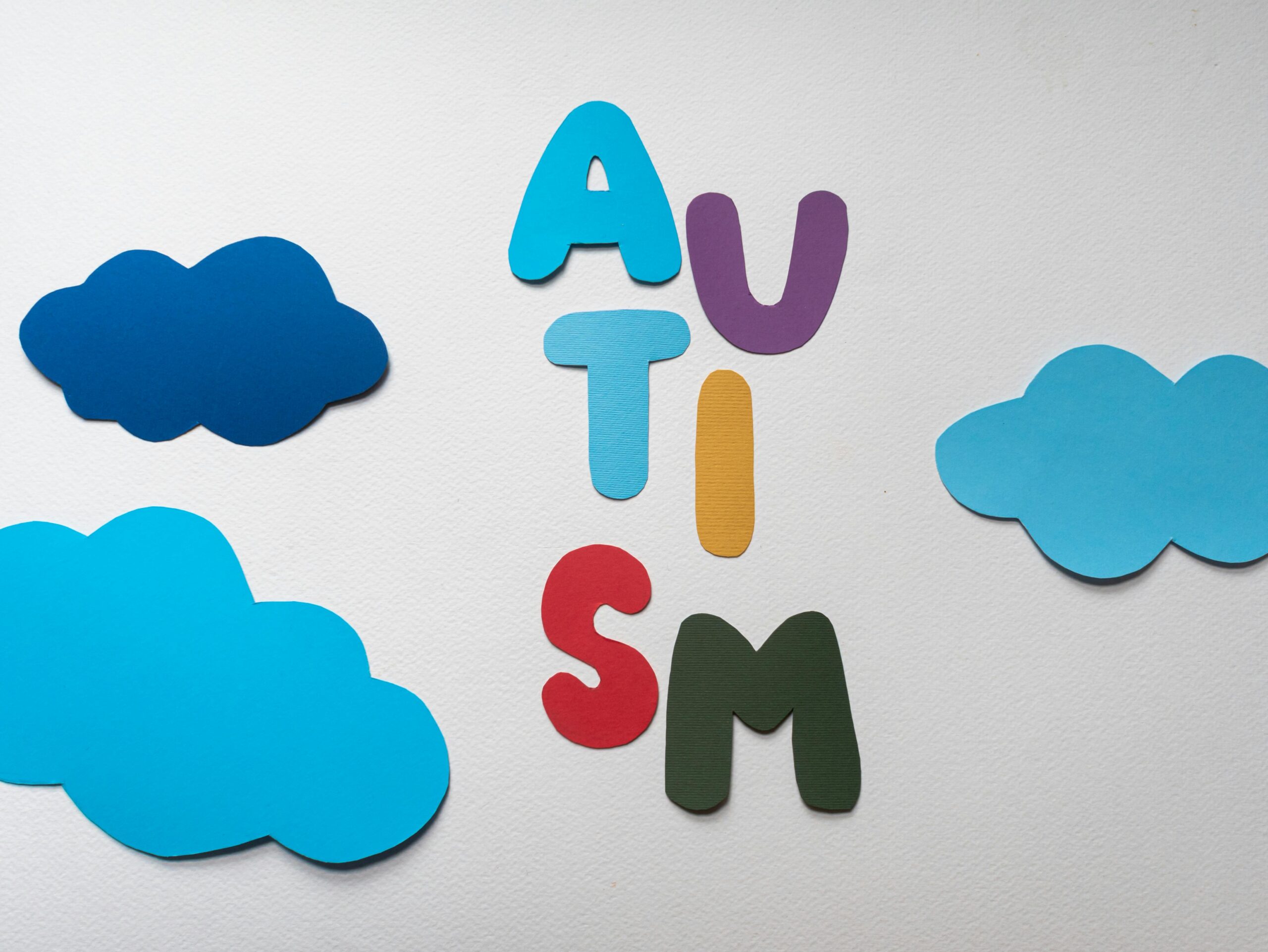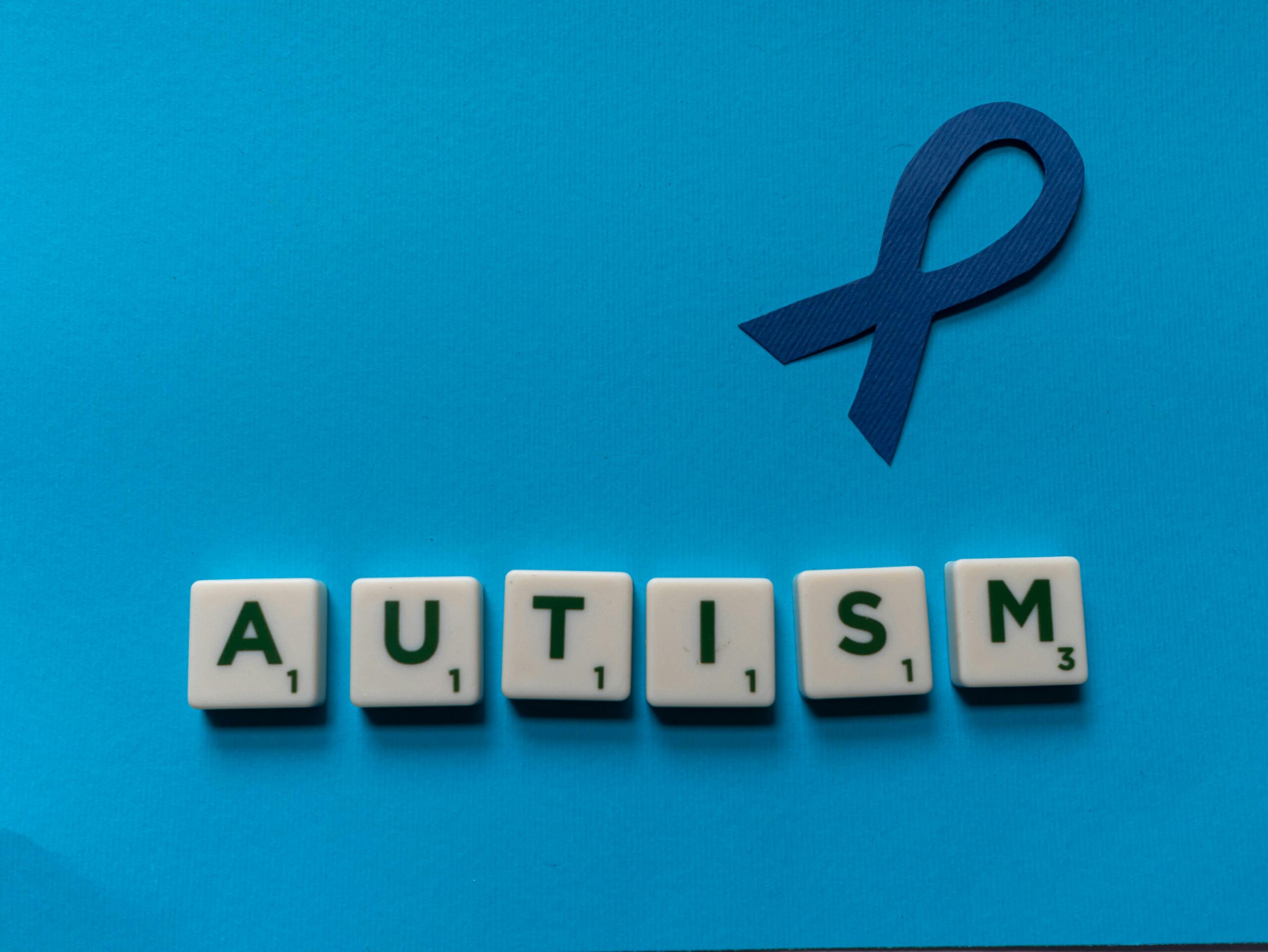In recent times, a growing emphasis has emerged over high functioning autism, a term frequently used for persons on the autism spectrum that can live independently through the course of the day, but that experience impediments in social communication, behavior, and emotional impairments. While it is not a clinical diagnosis, the term has penetrated the public lexicon and media.
This article attempts to demystify high functioning autism, what it means, and how we can work with individuals, families, and the community to achieve better understanding and support for it.
What is High Functioning Autism?
High functioning autism is used generally for those diagnosed with ASD who have average or above-average intelligence and therefore manage some basic life skills like speaking, reading, and writing. These people do not need constant supervision or support, unlike others on the spectrum who need more intensive care.
However, high functioning does not mean “less autistic” or “less affected.” People with high functioning autism face real difficulties, particularly social issues, interpreting emotions, dealing with change, and managing anxiety. The very word “high functioning” can be misleading because it becomes a mask for someone’s inner torment.
Characteristics of High Functioning Autism
Some of the general characteristics of high functioning autism comprise:
- Strong verbal abilities, yet difficulties in back-and-forth conversations.
- An intense focus on certain interests, bordering on obsessive.
- Literal thinking, which makes it hard to get sarcasm, idioms, or abstract ideas.
- Troubles with social cues, like eye contact, body language, or tone of voice.
- Being very routine-oriented, and any change in routine can cause distress or anxiety.
- Sensory sensitivities, such as strong reactions to noise, light, or texture.
Mind that this list always varies from individual to individual. It is a spectrum, and no two high functioning autistic people are alike.
Diagnosing High Functioning Autism
High functioning autism is largely perceived to occur or first diagnosed in childhood. There might be cases where some individuals are first diagnosed with it only during adolescence or adulthood. Girls and women especially have a higher tendency of masking their symptoms and not being stereotypical enough to fit into the image of autism.
Psychologists or developmental specialists make the formal diagnosis through a comprehensive evaluation. In such an evaluation, they observe a person’s behavior, review developmental history, and apply various test methods. With accurate diagnosis, people will understand themselves better and will have access to services or accommodations to improve their lives.
Misconceptions and Myths
Several myths about high functioning autism fuel misunderstanding and stigma. Let us go ahead and debunk some:
Myth 1. People with high functioning autism lack empathy.
Actually, many people on the Autism spectrum feel very deeply; however, they do not have the expressional capacity that others expect from them. There may be emotional empathy in some individuals while those same individuals lack social empathy or have troubles interpreting very subtle cues.
Myth 2. High functioning means no support is needed.
High functioning means the person may indeed not require support to hold a job or live independently. He may, however, require no support with regard to certain social situations, sensory processing, or mental health considerations.
Myth 3. They’re all geniuses or savants.
While some people with high functioning autism do accomplish great feats in math, music, or memory, the usual is not as such. Expecting “super powers” indues undue pressure from autistic people.

Challenges Faced by People with High Functioning Autism
Others often misunderstand or isolate people with high functioning autism, even though they are able to operate within society. The difficulties they face in their lives include:
- Workplace challenges: They may struggle to navigate office politics, manage time pressure, or understand when others do not give clear instructions.
- Social anxiety: Making friends or going on dates or social events could put people through a great stress.
- Mental health problems:People who try to hide their traits to be accepted often experience depression, anxiety, and burnout together.
- Academic problems: The students will most likely have trouble with group work, presentations, or with expectations that are not clear, even though they are very capable academically.
Such problems require tailored support that considers each person’s special needs. click here
Supporting Someone with High Functioning Autism
Support comes first with understanding and acceptance. Whether you are a parent, teacher, or friend, here are a few points to keep in mind to help embrace inclusivity:
- Listen without judging- let them put their experiences into words without trying to “fix” them.
- Give instructions with clarity and explicitness- sarcasm and subtle hints will never be an appropriate thing to use. Be plain and on the nose with whatever you communicate.
- Respect their routines- an alteration in schedules can sometimes be very distressing. Should you have to change something, give them as much notice as possible.
- Keep in mind sensory overload- try to keep it easy on the ears, eyes, and all the other sensory-receiving units that might be jammed.
- Promote self-advocacy- Help them become confident in standing up for their own needs and rights.
Education and Inclusion
An overtaka principle for inclusive education in schools would be to support students with autism into succeeding. Some of these strategies that teachers may apply include:
- Written instructions, together with verbal ones.
- Extra time to take tests or complete assignments.
- Separate quiet areas where students can have break time.
- Build awareness among peers for acceptance.
An inclusive setting is not just good for an autistic student, as it affords empathy and respect for diversity among all learners.
High Functioning Autism in India
The development of awareness of high functioning autism is at a gauzy stage in India. Many children are misjudged to be ‘naughty,’ ‘lazy,’ or ‘awkward’ instead of being recognized as neurodiverse. Early diagnosis, supportive school systems, therapy, and counseling are the need of the hour.
NGOs, awareness campaigns, and government policies such as the Rights of Persons with Disabilities Act (RPWD Act) are on their way to help, but a lot still needs to be done. Families, teachers, and employers will have to work together to foster a receptive society.
High-functioning autism is not a deficit; rather, it is another way of relating to the world. Those on the spectrum bring to the table unique perspectives, strengths, and talents. But they require understanding, accommodation, and genuine inclusion.
Let us maintain the trend and continue building a world where people with high functioning autism are not merely tolerated but where we truly celebrate them for who they are.












